Vitamins For Hair Fall Control: 6 Essentials For Stronger Hair
Take a closer look at the efficacy of vitamins in boosting your hair health.
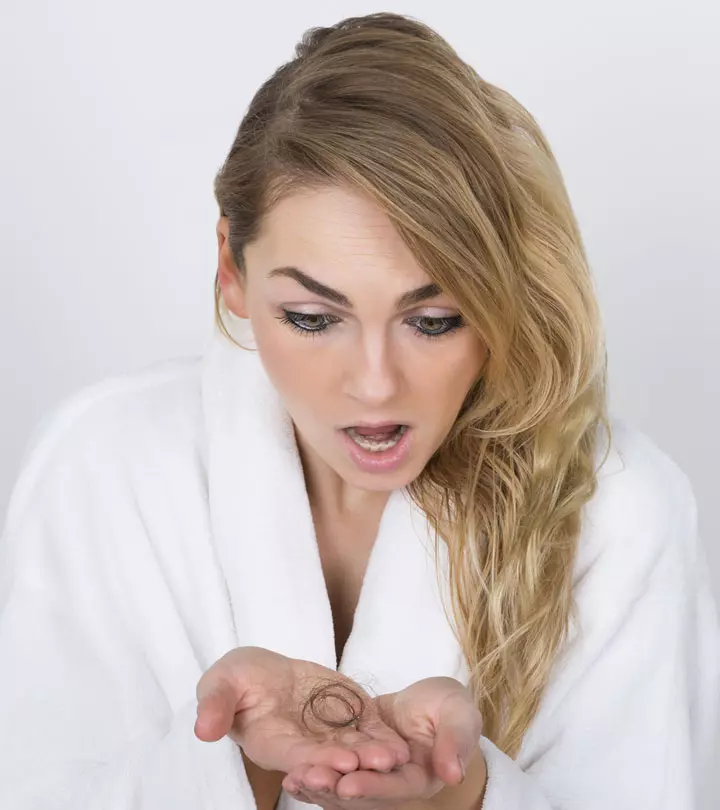
Image: Shutterstock
Hair fall is probably one of the most common problems faced by people. Everyone is scrambling to find a miracle cure for hair loss. Sadly, there is no such thing, but we have the next best thing – using vitamins for hair fall control. These days even children are starting to experience hair fall. There are various reasons for hair fall, some of the most common being pollution, stress, improper diet, and lack of sleep.
 Did You Know?
Did You Know?
There are different methods used to treat hair fall. One way that has been extremely effective in controlling and preventing hair fall is the consumption of the right vitamins. Taking vitamin supplements or simply consuming more foods that are rich in vitamins that are used to treat hair fall is highly effective (1).
The choice of medicine varies with the specific problem and can differ from person to person. Consult a health care professional before you start taking any supplements so that you don’t end up aggravating the problem further.
In This Article
What Vitamins Are Good For Hair Loss?
- Vitamin A
- B Vitamins
- Vitamin C
- Vitamin D
- Vitamin E
- Vitamin B5 (Panthenol)
Inculcating these vitamins in your diet can help support healthy hair and preserve the integrity of your mane. If you are wondering how to control hair fall using vitamins, then check out the next session to find your answers.
How To Control Hair Fall Using Vitamins
Most of us consume vitamin supplements on a daily basis as it helps in building new skin cells and hair. What vitamins are good for hair loss control? Dermatologists state that Vitamin B5, Vitamin B6, Biotin, Folic Acid, Vitamin A, Vitamin C, and Vitamin E directly affect and enhance our skin, body, and especially hair (2).
Specific vitamins control hair fall, but only when used appropriately and not excessively. It is important to first understand which vitamin is effective in treating this condition.
6 Best Vitamins For Hair Fall Control
1. Vitamin A
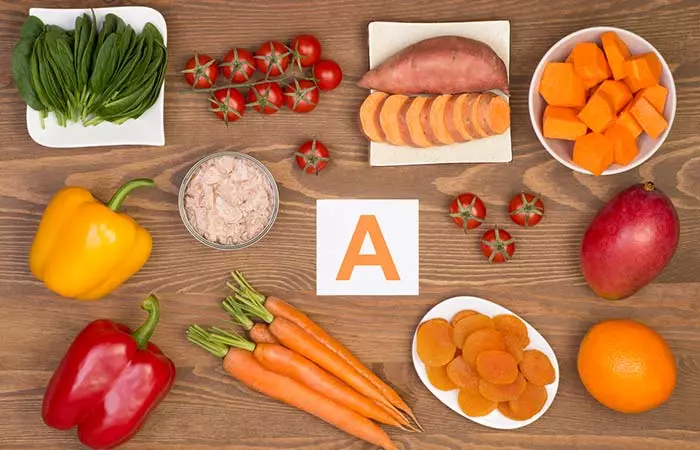
This vitamin regulates the synthesis of retinoic acid in the hair follicle. It is not only beneficial for skincare but also helps in hair growth (2). It also moisturizes your hair and keeps it healthy.
 Pro Tip
Pro Tip- Carrots
- Sweet potatoes
- Spinach
- Other dark leafy green vegetables
- Tuna
- Lettuce
- Sweet red peppers
- Mango
However, overconsumption of Vitamin A may cause hair loss too (2). So, it is best to consult a doctor before incorporating these foods into your diet.
2. B Vitamins
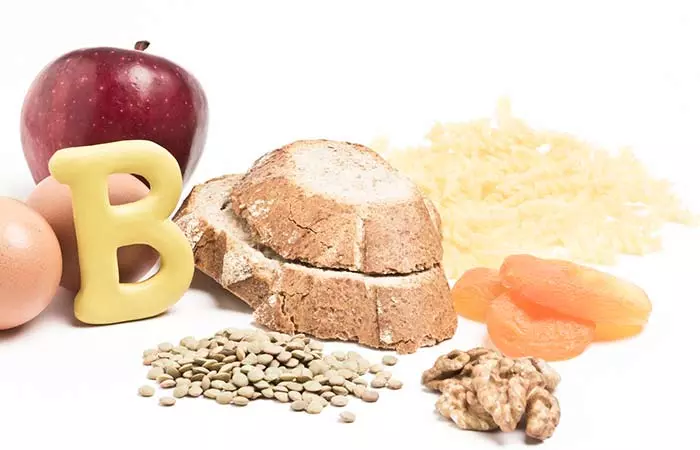
Vitamin B is one of the best vitamins that help with hair growth by handling stress. It is a group of vitamins that benefit hair in different ways. For example, inositol and B12 vitamins help in hair growth. Biotin, also known as Vitamin B7, promotes healthy hair (2). Vitamin B is found in:
- Eggs
- Meat
- Papayas
- Oranges
- Beans
- Poultry
3. Vitamin C

This vitamin helps the body to absorb iron from food, which is essential for hair growth. It also promotes the production of collagen, which is essential for maintaining the structure of your hair and repairing the damage (4). Vitamin C is found in:
- Guavas
- Spinach
- Dark green leafy vegetables
- Yellow bell peppers
- Broccoli
- Kiwi
- Oranges
- Sweet limes
- Lemons
- Peas
- Papaya
4. Vitamin D
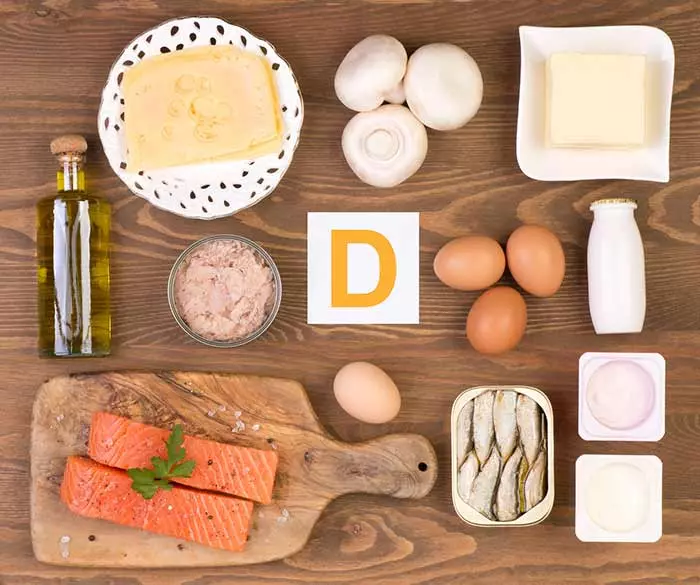
This vitamin for hair loss stimulates the hair follicle and cells so that they form new hair shafts (5). Vitamin D is found in:
- Fish
- Oysters
- Cod liver oil
- Salami
- Ham
- Sausages
- Tofu
- Soy milk
- Eggs
- Mushrooms
- Fortified dairy products
5. Vitamin E
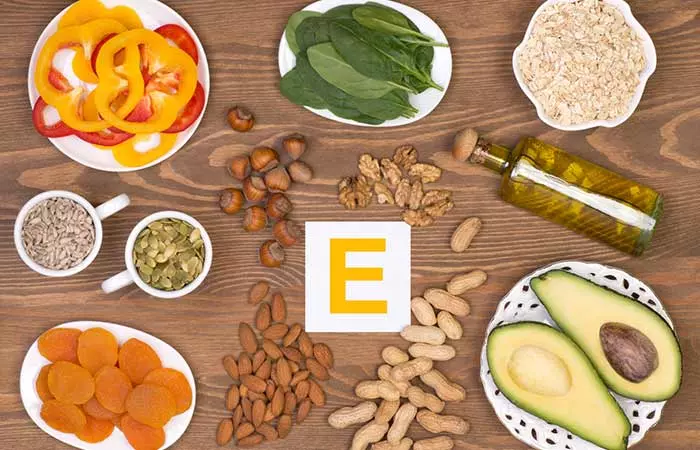
It stimulates capillaries, and this improves blood circulation on the scalp. This further aids hair growth because of its rich antioxidant content and anti-inflammatory properties (6). Vitamin E is found in:
- Spinach
- Tofu
- Avocado
- Almonds
- Sunflower seeds
- Olive oil
- Broccoli
- Pumpkin
6. Vitamin B5
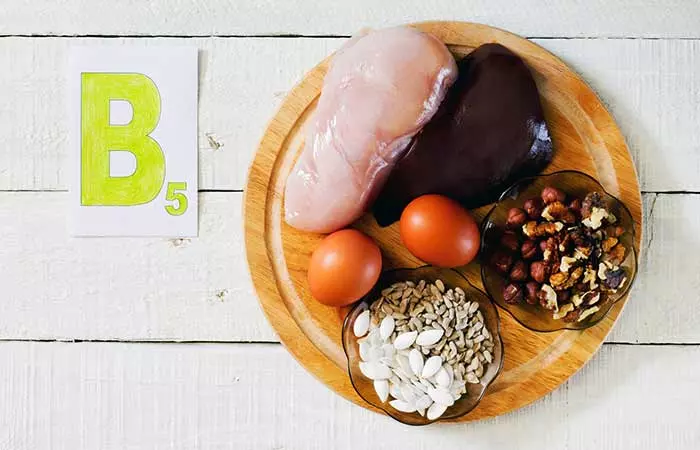
Also known as pro-Vitamin B5 or Panthenol (mostly found in nature as D-Panthenol), this is an important ingredient of hair fall control medicines (2). Foods rich in Vitamin B5 are:
- Mushrooms
- Cheese
- Oily fish
- Eggs
- Avocados
- Beef
- Poultry
- Sunflower seeds
- Sweet potatoes
- Lean pork
Consuming these vitamins daily will ensure that you do not face their deficiency, resulting in weak hair. However, along with them, you should also consume certain minerals like iron to tackle hair fall. Learn about it in the next section.
Iron For Hair Loss
Iron deficiency can contribute to hair loss, as iron is essential for the production of hemoglobin, a protein that carries oxygen to the body’s cells, including the hair follicles (7). When the body lacks this mineral, it can lead to a condition called iron deficiency anemia, which may result in hair fall and thinning (8). You can avoid this by consuming iron-rich foods like spinach, legumes, pumpkin seeds, red meat, and shellfish.
In addition to consuming these foods for hair growth, you can also follow some other diet tips to ensure you stay away from hair fall. Scroll down to read them.
Additional Diet Tips
- Those who do not consume adequate proteins and eat a lot of carbohydrates and fat often suffer from hair loss, as their diet is inadequate. So do not skimp on these essential nutrients.
- Indulge in a protein-rich diet for hair growth, which comes in the form of fish, chicken, some different forms of lentils, dried beans (rajma), tofu, cottage cheese (paneer), and of course, milk.
- Consume Vitamin A and C in the form of a citrus-based fruits, tomato-based curry or lime juice once each day, to make sure your quota of this particular vitamin for hair fall is met.
- Most of the whole foods provide the required nutrients and vitamins for the body. You can choose to add supplements too as these have a greater effect in stimulating the hair growth and thus controlling hair fall.
Keren, a beauty vlogger and YouTuber, shares her top 7 favorite vitamins and supplements for promoting hair growth and thickness. She discusses the benefits of each, providing insights of how they contribute. She rounds off by saying, “I know that everybody believes in vitamins and supplements, and to some people they say that if you just eat healthy no need for, there is no need for supplements and I do believe that. However, if I’m just gonna be honest, I’m pretty sure that I’m not eating all of the essential vitamins and nutrients every single day… so that’s why I do supplements. For me… ever since I’ve incorporated my healthy eating with vitamins and supplements, I noticed that my hair grew long fast (i).”
There are multiple benefits of eating healthy, and strong hair growth or hair fall control is one of them. Make sure you are getting your daily dose of healthy food and see the difference yourself. Stay fit, stay healthy!
Hair loss is a common hair issue that transcends age and gender. Many people struggle with it, looking for new ways to curb hair fall. One of the best ways to reduce hair loss is to consume the right vitamins. That’s right, you can use vitamins for hair fall control! Vitamins contain properties like antioxidants that can reduce hair fall and stimulate hair growth. You need to consume vitamins A, B, C, D, and E to keep your hair healthy. Scroll up to read how each of these vitamins impacts your hair health and which foods you should eat to attain their benefits.
Frequently Asked Questions
Can vitamins reverse hair loss?
Vitamins can support hair health and may slow hair loss caused by deficiencies, but they might not reverse genetic or hormonal hair loss. Consult a doctor for the best treatment options for your specific hair loss condition.
How long does it take for vitamins to show effects on hair growth?
It typically takes about 2 to 3 months of consistent vitamin intake to see noticeable changes in hair health.
Can low B12 cause hair loss?
Yes, low vitamin B12 can cause hair loss as it affects hair growth negatively and halts the growth of new hair strands.
How much B12 should I take daily for hair growth?
The approximate dosage of vitamin B12 to reduce hair loss is around 3 mcg per day. However, this dose varies among individuals. It is advised to speak with your doctor about the ideal dosage.
Key Takeaways
- Hair fall is often caused by pollution, stress, and a poor diet. However, using vitamins may effectively help control it.
- Taking vitamins A, B, C, D, E, and B5, in the right amounts, may help promote hair growth and reduce hair fall.
- Consuming iron-rich foods and maintaining a balanced diet rich in protein and essential nutrients can further help control hair fall.
Want to grow out your natural hair? The following video explains the role of vitamin D in preventing hair fall. Watch it to learn about the various ways you can get this vitamin to make your hair healthier.
Personal Experience: Source
StyleCraze's articles are interwoven with authentic personal narratives that provide depth and resonance to our content. Below are the sources of the personal accounts referenced in this article.
(i) My Top 7 Vitamins & Supplements for Faster Hair Growth & Thicker Hair-Beautyklovehttps://www.youtube.com/watch?v=Q8Xz0RV-nPQ
References
Articles on StyleCraze are backed by verified information from peer-reviewed and academic research papers, reputed organizations, research institutions, and medical associations to ensure accuracy and relevance. Read our editorial policy to learn more.
- Diet and hair loss: effects of nutrient deficiency and supplement use
https://www.ncbi.nlm.nih.gov/pmc/articles/PMC5315033/ - The Role of Vitamins and Minerals in Hair Loss: A Review
https://www.ncbi.nlm.nih.gov/pmc/articles/PMC6380979/ - The Role of Vitamins and Minerals in Hair Loss: A Review
https://www.ncbi.nlm.nih.gov/pmc/articles/PMC6380979/#CR13 - The hair growth promoting effect of ascorbic acid 2-phosphate a long-acting Vitamin C derivative [3] | Request PDF
https://www.researchgate.net/publication/7364862_The_hair_growth_promoting_effect_of_ascorbic_acid_2-phosphate_a_long-acting_Vitamin_C_derivative_3 - Role of vitamin D in hair loss: A short review
https://pubmed.ncbi.nlm.nih.gov/34553483/ - Effects of Tocotrienol Supplementation on Hair Growth in Human Volunteers
https://www.ncbi.nlm.nih.gov/pmc/articles/PMC3819075/ - Review on iron and its importance for human health
https://www.ncbi.nlm.nih.gov/pmc/articles/PMC3999603/ - Iron deficiency and nonscarring alopecia in women: systematic review and meta-analysis
https://www.ncbi.nlm.nih.gov/pmc/articles/PMC8928181/
Read full bio of Tiffany Young
Read full bio of Arshiya Syeda
Read full bio of Anjali Sayee
Read full bio of Monomita Chakraborty






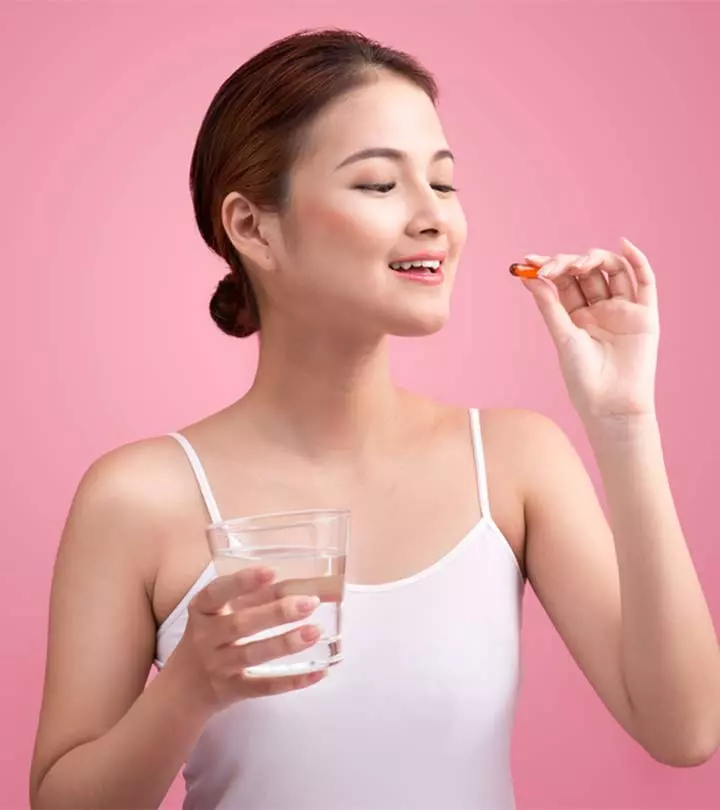
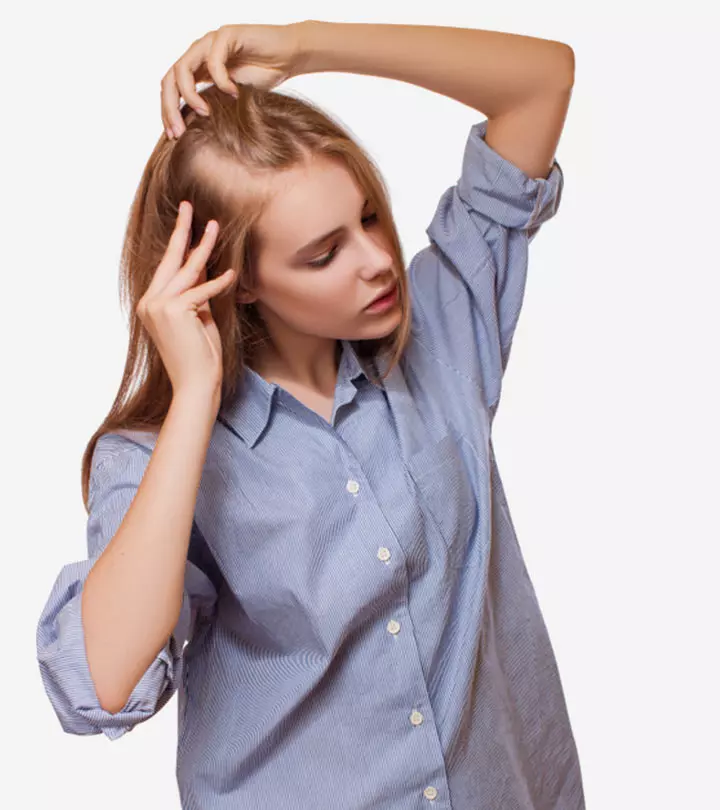
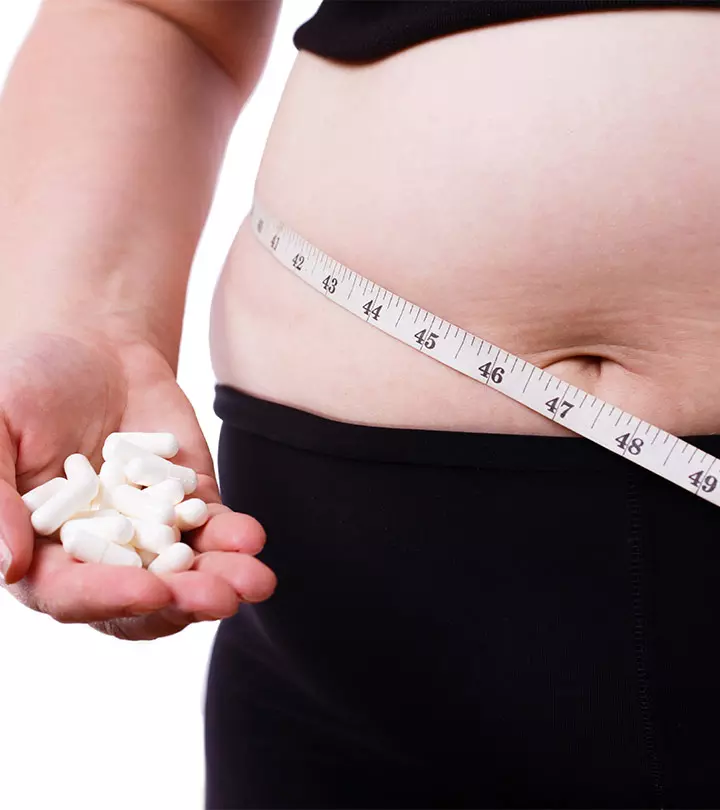
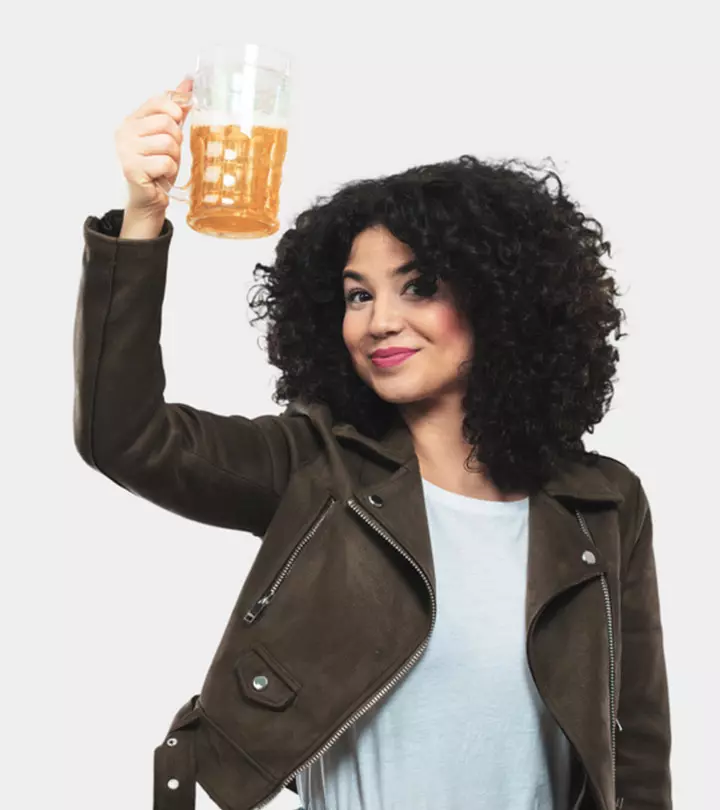
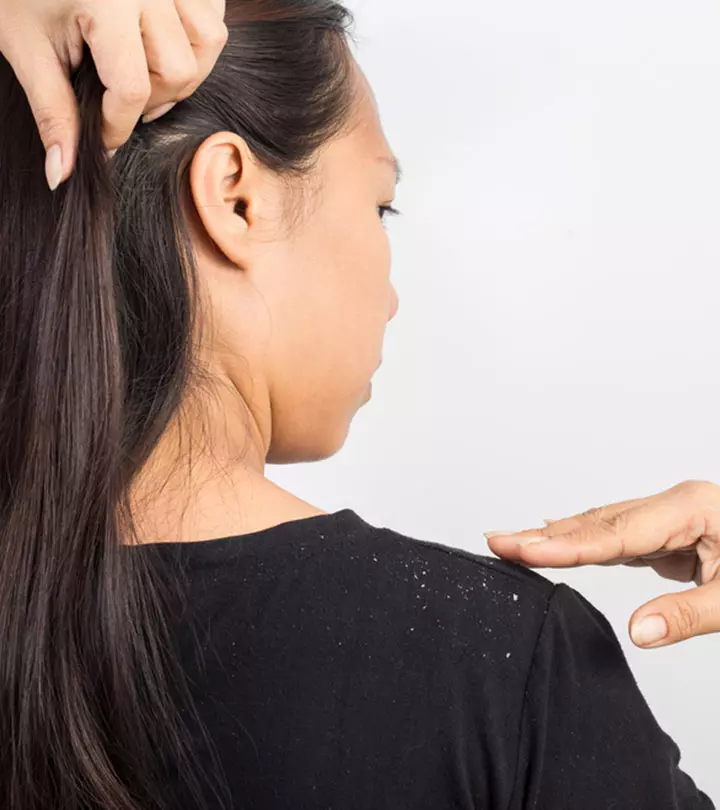
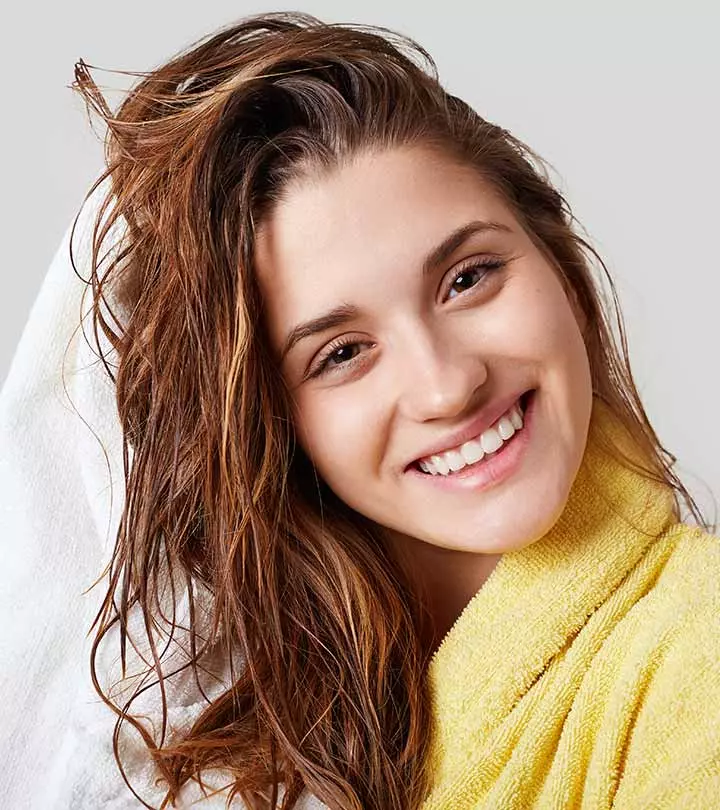
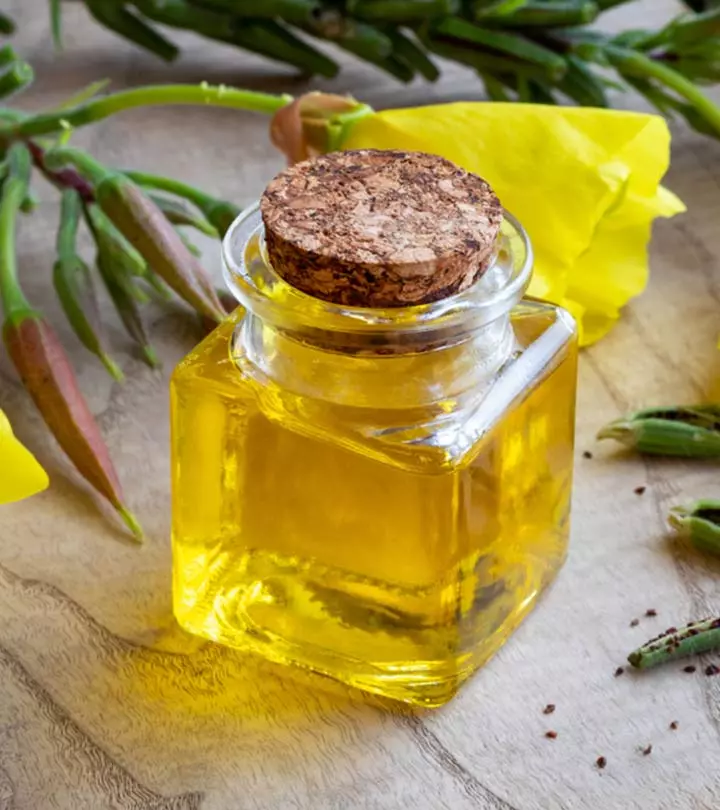
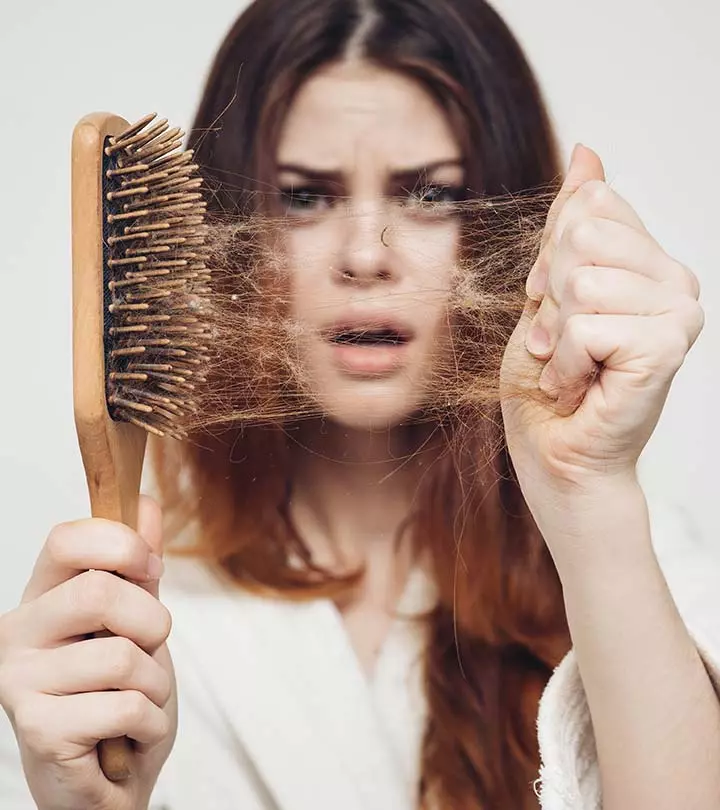
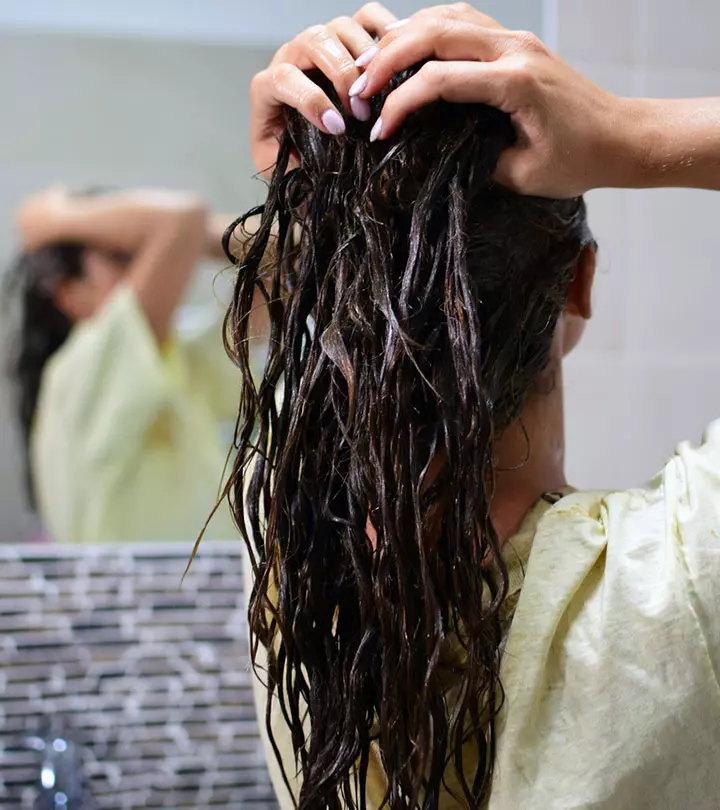
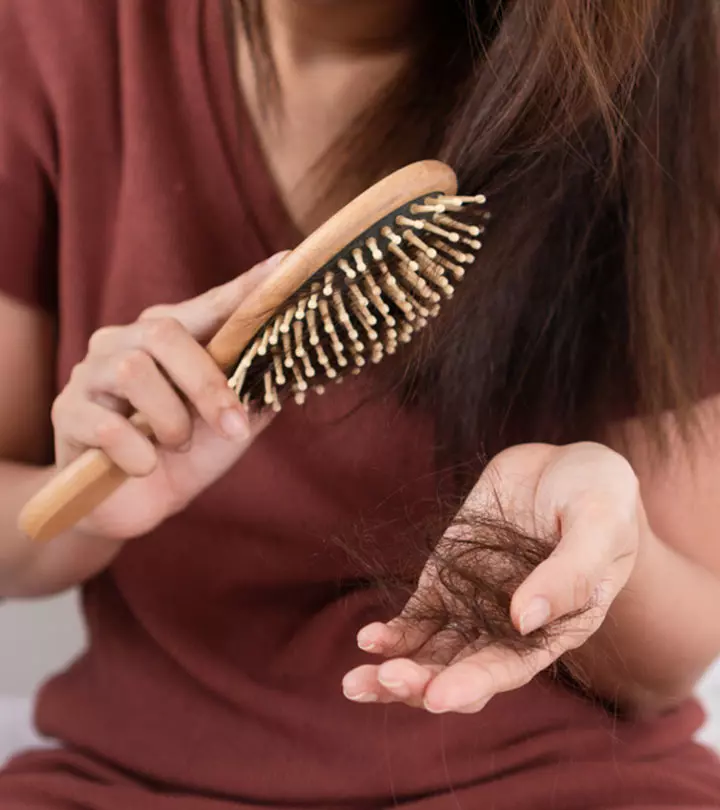
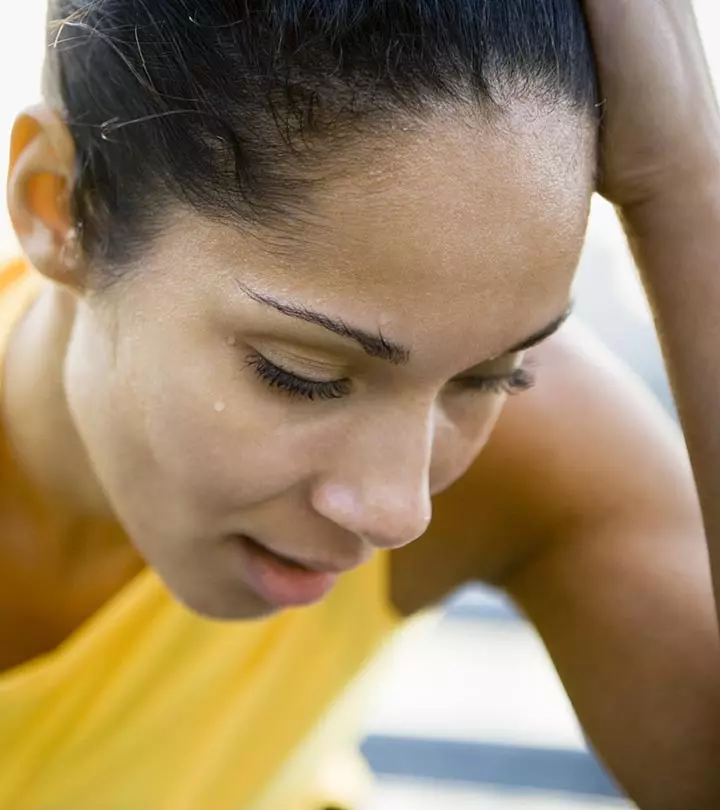
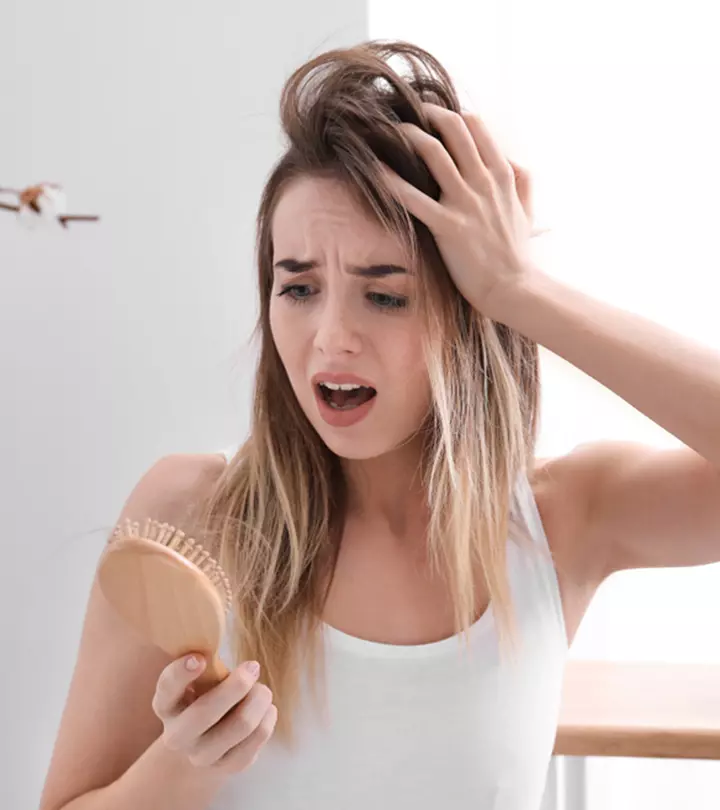

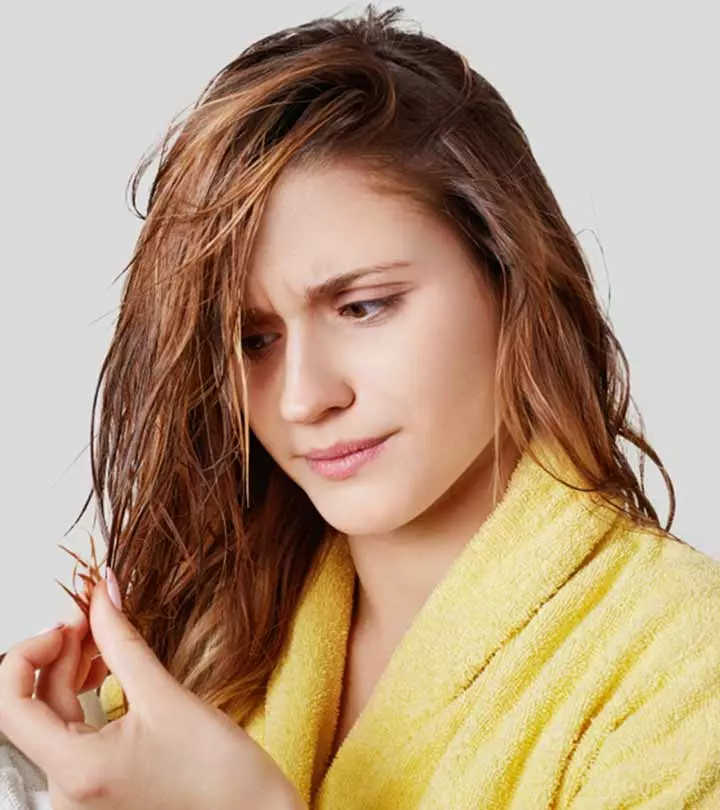
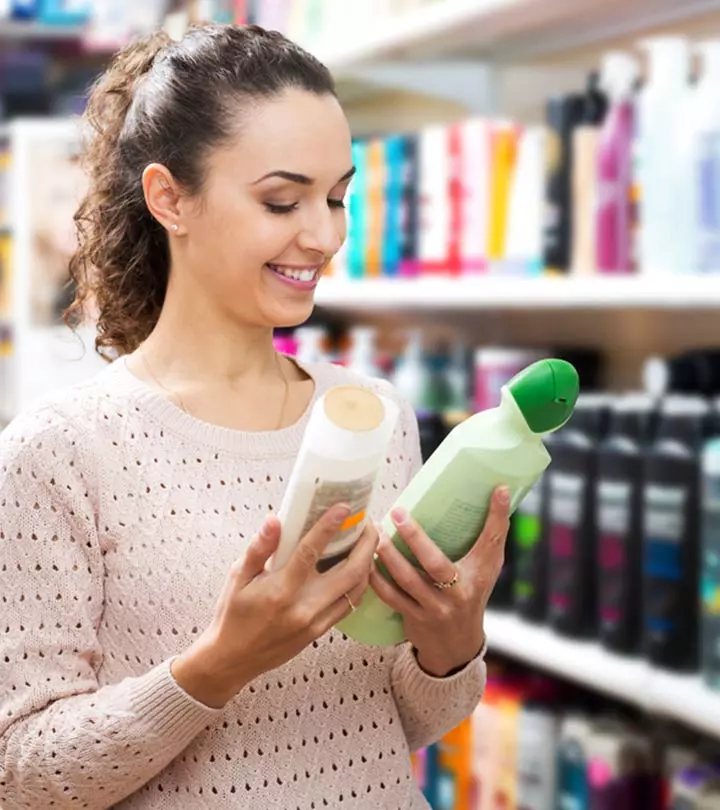
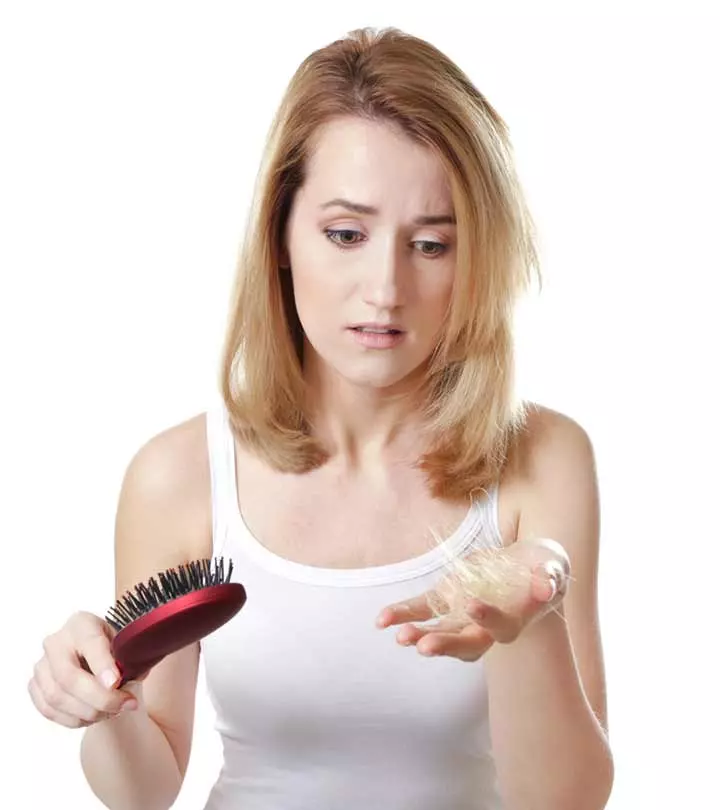
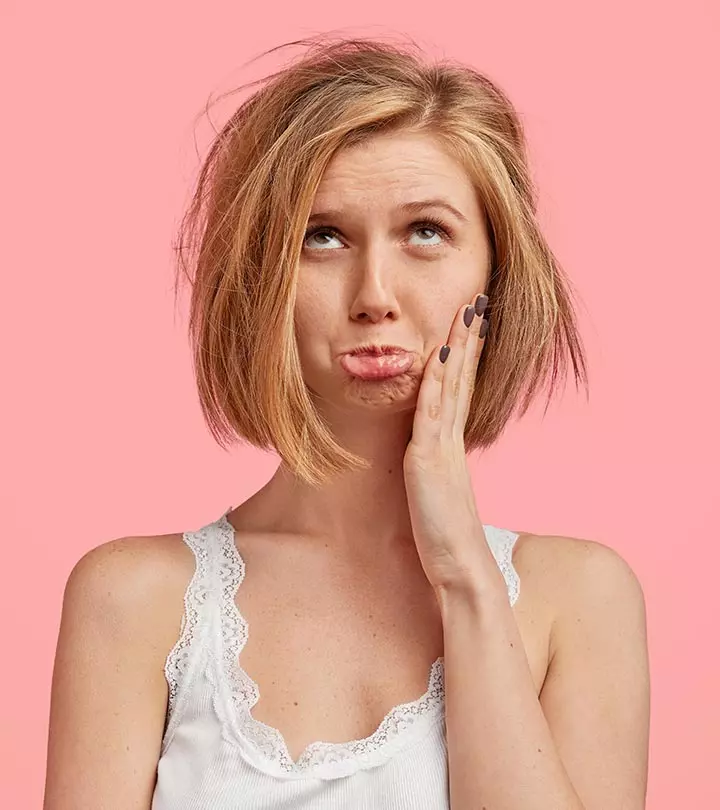
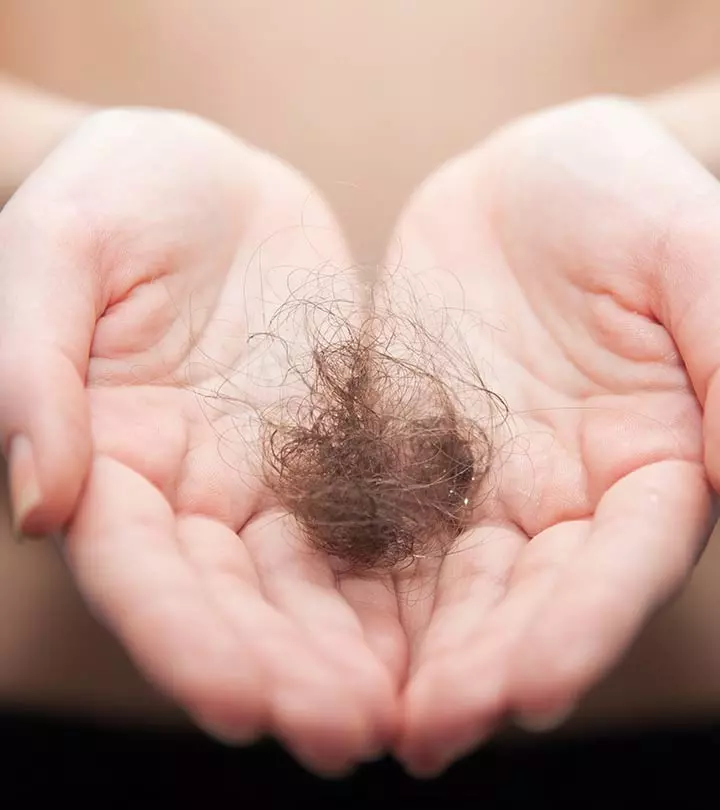
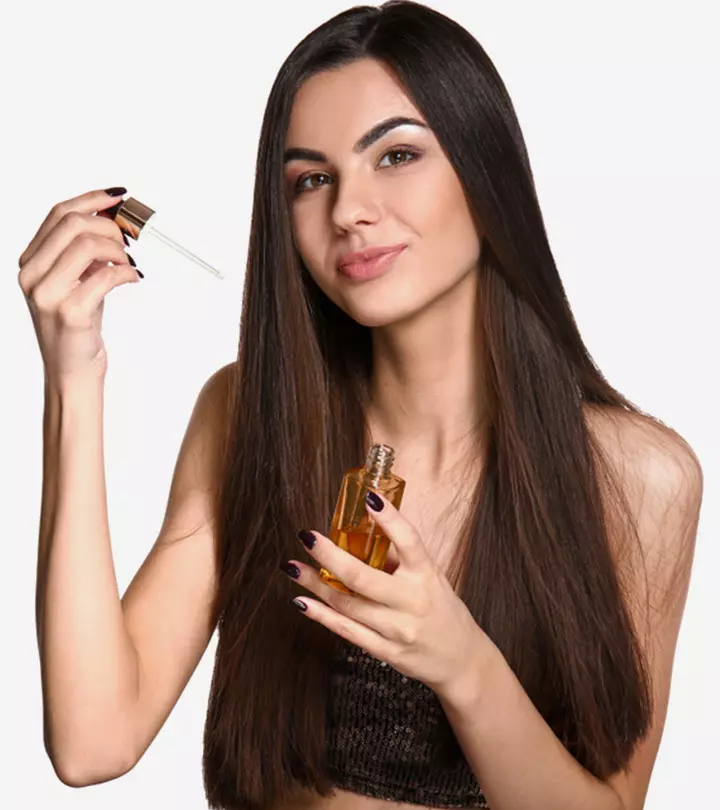
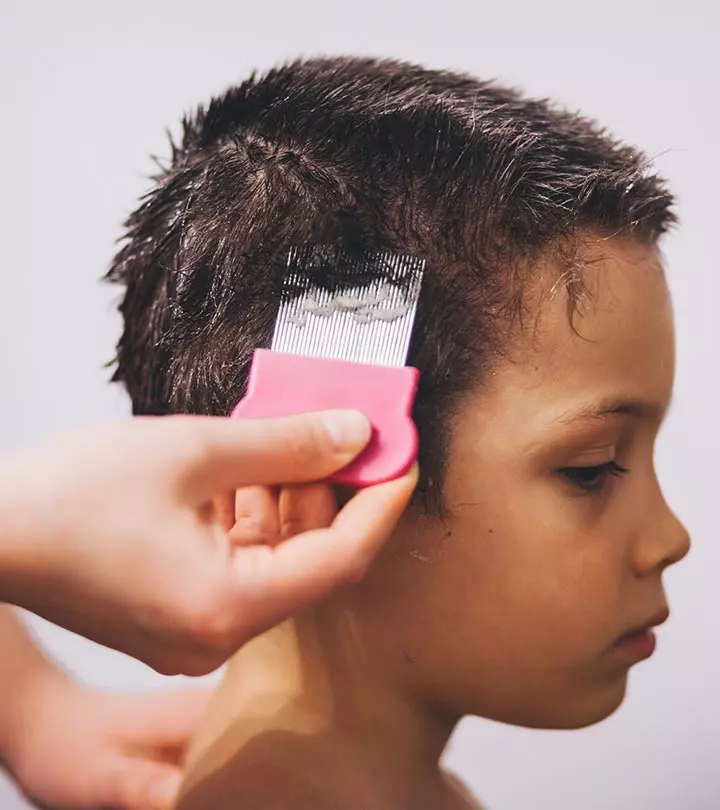
Community Experiences
Join the conversation and become a part of our empowering community! Share your stories, experiences, and insights to connect with other beauty, lifestyle, and health enthusiasts.